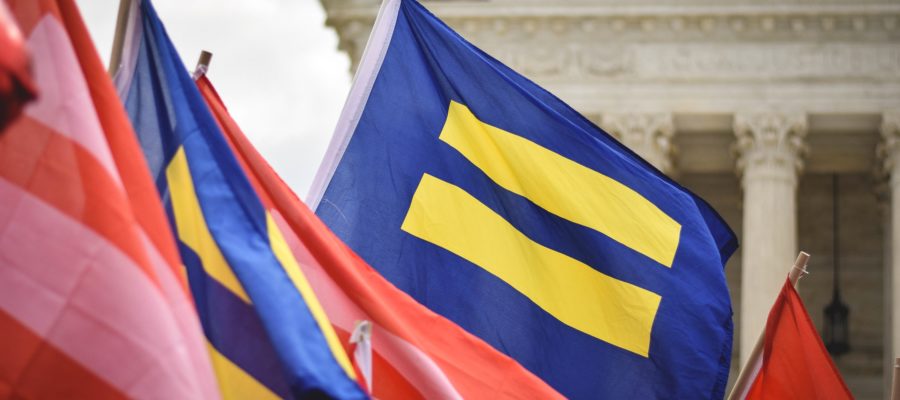Why Accommodate? Reflections on the Gay Marriage Culture Wars
October 1, 2010 | Published first in Northwestern Journal of Law & Social Policy
If gay marriage is a constitutional right, a moral good, a basic norm of
democratic equality, then why accommodate opposing views?
Why should anyone who believes in gay marriage also support conscience
protections for individuals or organizations opposed to gay marriage?
The questions posed above are foundational; the answers to each dictate (in
practice) the policy options one is willing to consider in regard to gay marriage,
particularly in terms of accommodations. Technical difficulties of legal drafting aside,
the reasons underlying one’s willingness to consider religious accommodations in the
area of gay marriage will dictate the breadth and kind of religious liberty legislation we
will be willing to consider. Carefully exploring the core question—Why
accommodate?—will enable us to conceptualize why accommodation on this issue is so
difficult, and, particularly, why it is so conceptually difficult for gay marriage advocates
to tolerate the idea of substantial religious accommodations.
This Article proposes four potential reasons why citizens, legislators, and/or judges
who endorse gay marriage should consider accommodating the views of traditional faith
communities: practical, civic, moral sympathy, and principle. I argue (perhaps counterintuitively)
that the most urgent need, if we are to reduce the conflict between gay rights
and religious liberty, is not merely to argue from principle alone, but also to develop
respect for the other reasons for accommodation: practical, civic, and moral sympathy.
Full paper available here.



